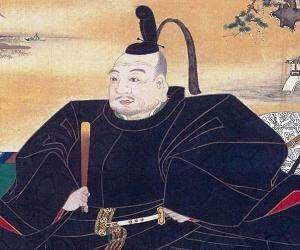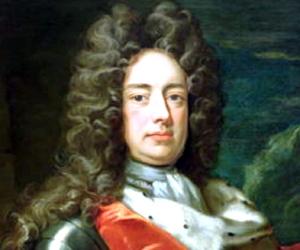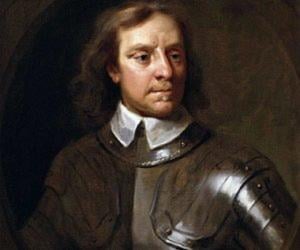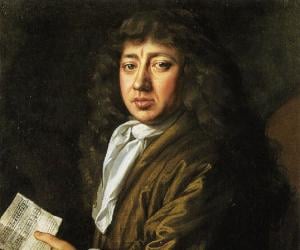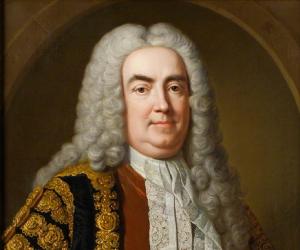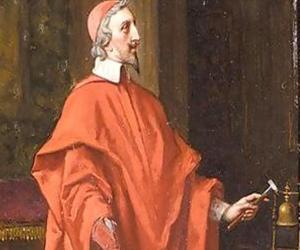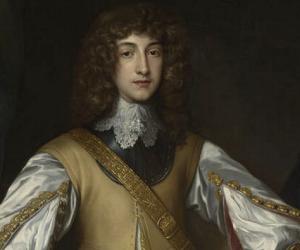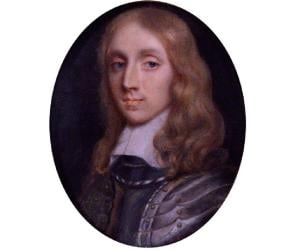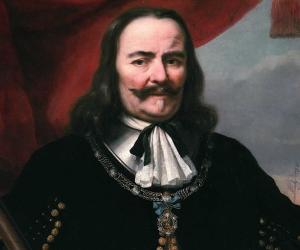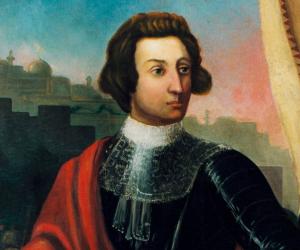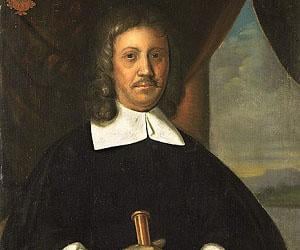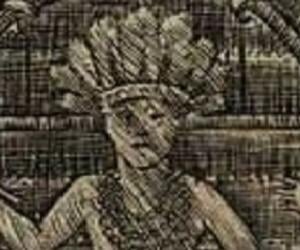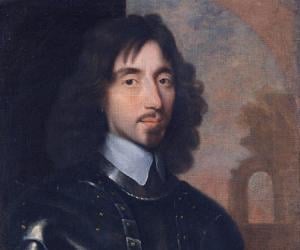Tokugawa Ieyasu was the founder and first shōgun of the Tokugawa shogunate of Japan. He is considered one of the three "Great Unifiers" of Japan. He was the son of Matsudaira Hirotada, a minor local warlord. He grew up to be an ambitious young man with exemplary leadership qualities and eventually founded the Tokugawa shogunate of Japan.
English statesman and soldier John Churchill, 1st Duke of Marlborough was the second son of Sir Winston Churchill and is remembered for his contribution to wars such as the Monmouth Rebellion and the War of the Spanish Succession. He was once imprisoned in the Tower of London for Jacobitism.
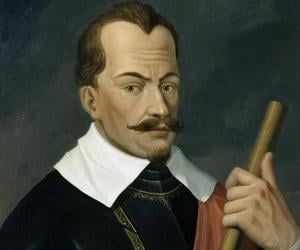
Albrecht von Wallenstein was a Bohemian statesman and military leader best remembered for his role in the Thirty Years' War. During the war, he served as the supreme commander of the armies of Holy Roman Emperor Ferdinand II. By the time of his death, Wallenstein was one of the most influential and richest men in the Holy Roman Empire.
Cardinal Richelieu was a French clergyman and statesman who was active in the early 17th century. He held powerful positions in both the Catholic Church and French government and served as the chief minister to Louis XIII of France in 1624. He helped the French maintain their dominance in the Thirty Years' War that engulfed Europe.
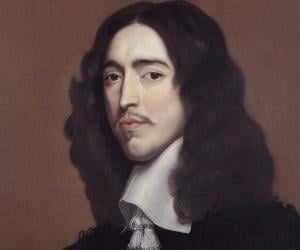
Prince Rupert of the Rhine was a German-English admiral, army officer, colonial governor, and scientist. Renowned for his energy and quick-thinking, Rupert made long-lasting and impressive contributions to the doctrine and development of the Royal Navy. He is also credited with shaping modern Canada's political geography.
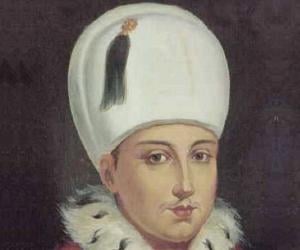
Osman II reigned as the Sultan of the Ottoman Empire from 1618 until his regicide in 1622. Despite becoming the emperor at the young age of 14, Osman II sought to exercise his powers as a ruler. Renowned for his bravery, Osman II led the Ottoman campaign against Sigismund III, the King of Poland, during the Moldavian Magnate Wars.
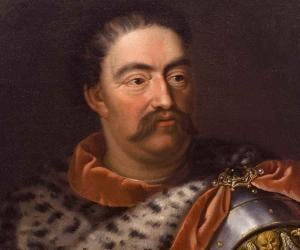
Well-educated and well-traveled, John III Sobieski initially joined the Swedes as a soldier, in opposing Polish ruler John Casimir. He then switched to the Polish side. He gradually rose through the ranks to become a grand marshal and a grand-hetman, and eventually became the king of Poland.
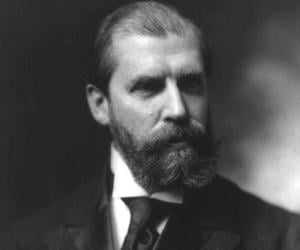
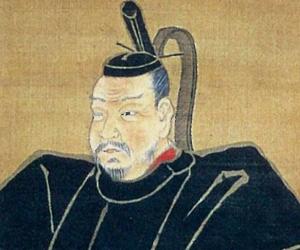
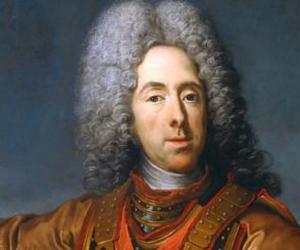
Prince Eugene of Savoy was a field marshal who served in the army of the Austrian Habsburg dynasty and of the Holy Roman Empire. One of the most influential military commanders of his generation, Prince Eugene served three Holy Roman emperors in a career spanning 60 years. Consequently, he played important roles in many battles, including the Battle of Turin.
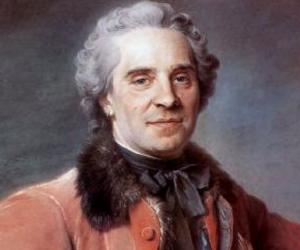
Michiel de Ruyter was a Dutch admiral best remembered for his achievements during the Anglo-Dutch Wars. An important member of the Dutch Navy during his time, De Ruyter is widely considered one of the most talented admirals of all time. Regarded as a Dutch folk hero, Michiel de Ruyter's life and career inspired the 2015 Dutch film, Michiel de Ruyter.
Remembered as the founder of the British colony of Georgia in the US, James Oglethorpe was a renowned British soldier, MP, and social reformer. Educated at Oxford, he initially fought for the Austrian army against the Turks. As an MP, he brought in prison reforms. He was also the governor of Georgia.
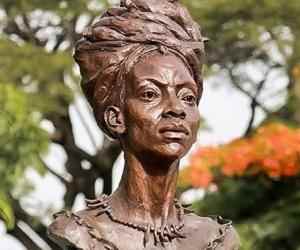
Nanny of the Maroons was a Jamaican resistance fighter best remembered as the leader of the Jamaican Maroons. She led a community called Windward Maroons which fought a war against the British authorities in what came to be known as the First Maroon War. In 1975, she was declared Jamaica's only female national hero by the government of Jamaica.
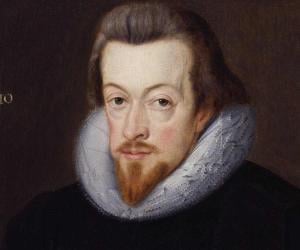
Robert Cecil, 1st Earl of Salisbury was a British statesman best remembered for his contribution during the Union of the Crowns. One of the main discoverers of the infamous Gunpowder Plot, Robert Cecil served as the Lord High Treasurer from 1608 to 1612. From 1596 to 1612, he served as the Secretary of State of England.
Jan van Riebeeck was a Dutch colonial administrator and navigator. He is credited with founding the Dutch Cape Colony and Cape Town. Jan van Riebeeck is of historical and cultural importance to South Africa as many South Africans consider him the founding father of their country. Several South African villages and towns have streets named after Van Riebeeck.
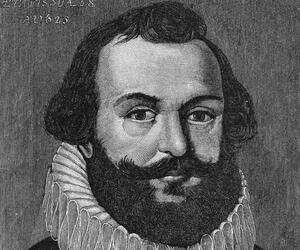
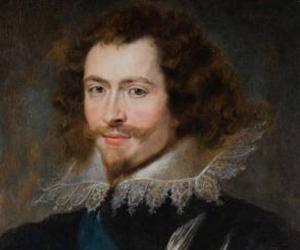
Rumored to be a possible lover of the English king James I, statesman George Villiers, was a royal favorite but later grew unpopular with people for his inefficiency and faulty foreign policies. He practically ruled England in the initial years of Charles I’s reign and was eventually assassinated by an army officer.
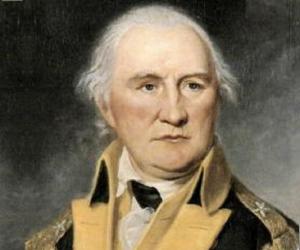
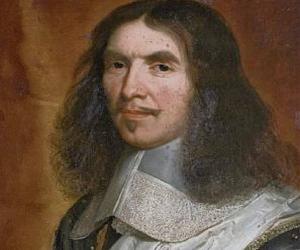
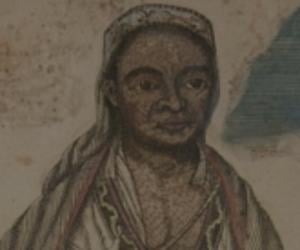
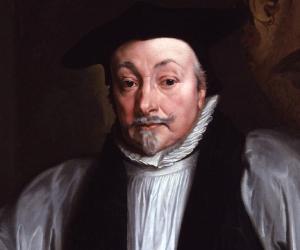
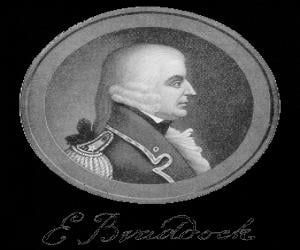
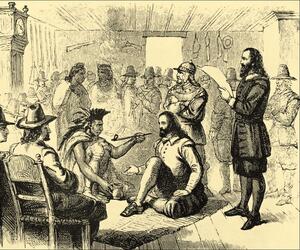
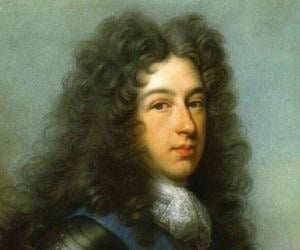
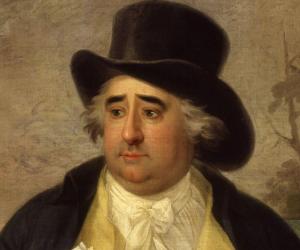
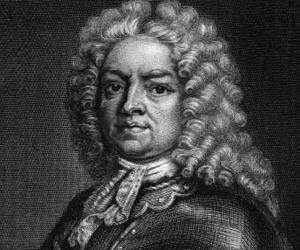
Simon Fraser, 11th Lord Lovat was a Scottish military leader who served as the chief of Clan Fraser of Lovat. A Jacobite, Simon Fraser was among the Highlanders who were defeated at the Battle of Culloden and later sentenced to death after being convicted of treason against the Crown.
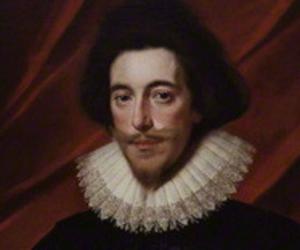
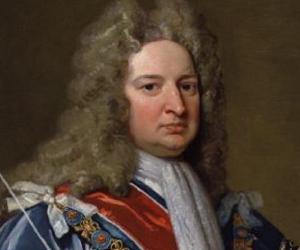
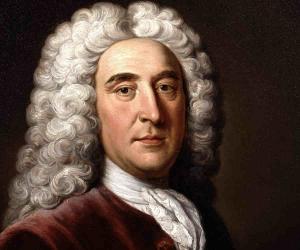
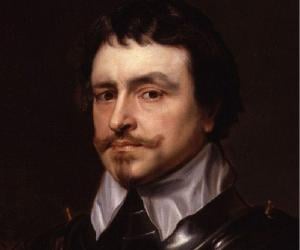
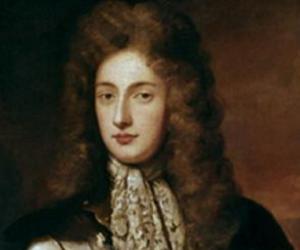
James FitzJames, 1st Duke of Berwick was an Anglo-French military leader. He was an illegitimate son of James II of England, who reigned as the King of England, Scotland, and Ireland from 1685 to 1688. James FitzJames, 1st Duke of Berwick is best remembered for his service as a general under Louis XIV of France.
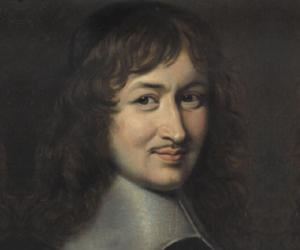
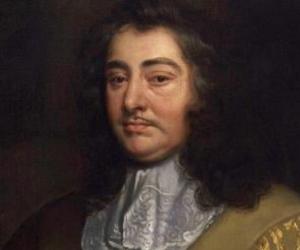

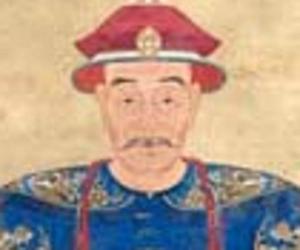
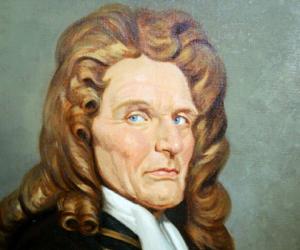
The son of a preacher, economist Nicholas Barbon actively participated in reconstructing London following the Great Fire of 1666 and then launched his own insurance company, pioneering fire insurance. As an economist, he penned significant works on the free market and division of labor. He was also a qualified doctor.
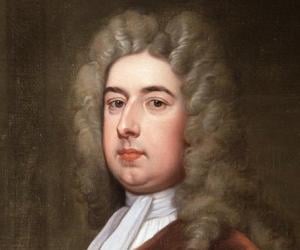

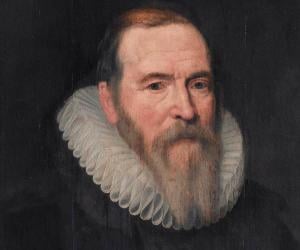
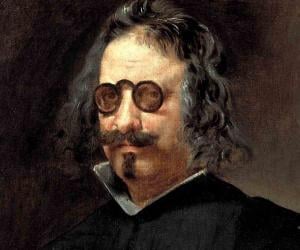
Spanish nobleman, politician and writer Francisco Gómez de Quevedo y Santibáñez Villegas, KOS of the Baroque era is counted among the most prominent writers of Spain's Golden Age. Quevedo adhered to the conceptismo style compared to his lifelong rival, Luis de Góngora’s culteranismo style. His notable works include the picaresque novel El Buscón and the satirical prose Los Sueños.
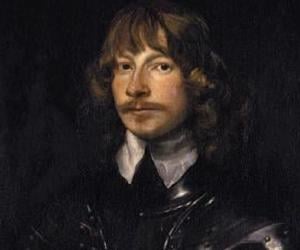
Known as The Great Montrose, James Graham, 1st Marquess of Montrose was not just a Scottish nobleman and military leader but also a talented poet. He won many battles for Charles I but was defeated in the Battle of Carbisdale, following which he was hanged to death in the Edinburgh marketplace.

